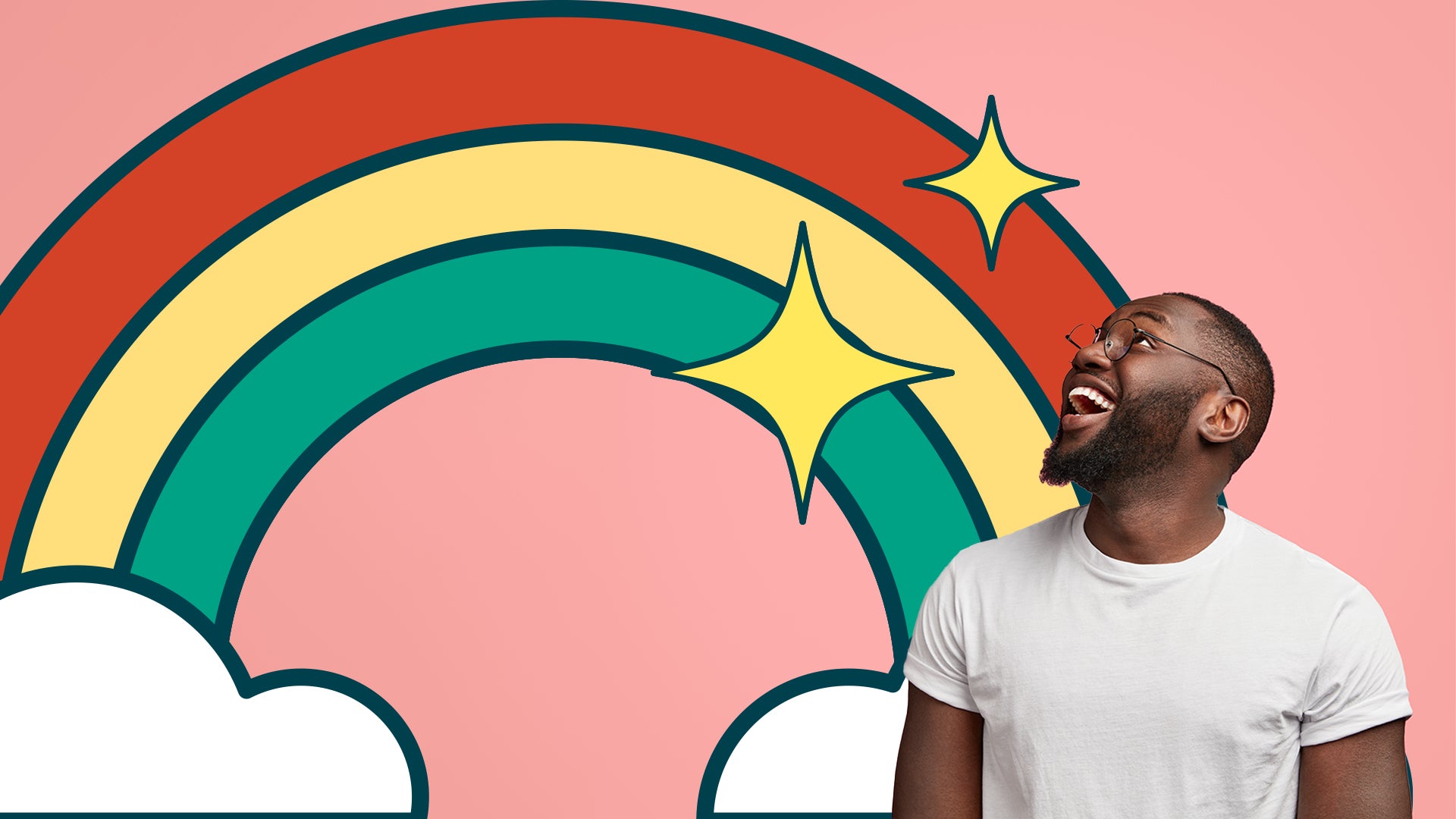Are you ready to unlock the full potential of your brain? The key may lie in something you've been doing since childhood: playing. That's right, play and creativity are not just for kids – they're also essential for adult brain health. Recent research in neuroscience has shown that engaging in creative activities, such as play and exploration, can actually rewire your brain, making you smarter, more resilient, and more adaptable. So if you're looking to boost your cognitive abilities and unleash your inner creativity, keep reading. In this article, we'll explore the fascinating science behind the connection between play, creativity, and brain health, and provide you with practical tips and strategies for incorporating more play into your life. Get ready to play your way to a smarter brain!
The Science Behind Play and Creativity
The human brain is wired to seek novelty and stimulation. When we encounter something new or exciting, our brains release dopamine, a neurotransmitter that signals pleasure and reward. This is why play and exploration are such essential components of human development, particularly in childhood. Through play, children learn about the world around them, develop social and emotional skills, and build cognitive abilities that will serve them throughout their lives.
But play isn't just for kids. Adults can also benefit from engaging in creative activities that stimulate the brain and foster a sense of curiosity and exploration. In fact, recent research has shown that play and creativity can actually change the structure and function of the brain, leading to improvements in cognitive function, emotional well-being, and overall brain health.
One study conducted by researchers at the University of Texas at Dallas found that engaging in creative activities, such as drawing or painting, can increase the density of gray matter in the brain's prefrontal cortex, a region that plays a key role in decision-making, problem-solving, and emotional regulation. Another study conducted by researchers at the University of British Columbia found that playing a musical instrument can enhance the brain's ability to process complex information and improve memory and attention skills.
So, how does play and creativity actually change the brain? One theory is that engaging in these activities stimulates the growth of new neurons and strengthens the connections between existing neurons, a process known as neuroplasticity. By engaging in novel and challenging activities, we create new neural pathways that improve our ability to learn, adapt, and think creatively.
Practical Tips for Incorporating More Play into Your Life
Now that we understand the science behind play and creativity, let's explore some practical tips for incorporating more of these activities into your daily routine:
-
Schedule time for play: Just like any other important task, it's important to set aside time in your schedule for play and creative activities. Whether it's painting, playing an instrument, or simply taking a walk in nature, make it a priority to engage in activities that stimulate your creativity and curiosity.
-
Experiment with new activities: Don't be afraid to try new things! Whether it's learning a new skill or taking up a new hobby, engaging in novel and challenging activities is a great way to stimulate your brain and foster creativity.
-
Embrace failure: Creativity requires experimentation, and experimentation often means failure. Embrace the process of trial and error, and don't be afraid to make mistakes. Failure is an essential component of learning and growth, and can actually lead to more creative and innovative ideas.
-
Collaborate with others: Engaging in creative activities with others can be a great way to stimulate new ideas and perspectives. Whether it's joining a creative writing group or playing music with friends, collaborating with others can lead to new insights and a deeper sense of connection.
-
Practice mindfulness: Mindfulness practices, such as meditation or yoga, can help reduce stress and promote a sense of calm and focus. By reducing stress and improving mental clarity, mindfulness can help free up mental space for creativity and play.
Conclusion
The connection between play, creativity, and brain health is a fascinating and exciting area of research. By understanding the science behind this connection, and incorporating more play and creative activities into our daily routines, we can unlock our inner creativity, boost our brainpower, and improve our overall well-being.
So, whether it's taking up a new hobby, collaborating with others, or simply embracing the process of trial and error, don't be afraid to play your way to a smarter brain. Your brain will thank you for it!
Incorporating play and creativity into your life doesn't have to be complicated or time-consuming. By simply scheduling time for play, experimenting with new activities, embracing failure, collaborating with others, and practicing mindfulness, you can reap the benefits of improved brain function and overall well-being. So, why not make a commitment to incorporating more play and creativity into your life starting today? Your brain (and your inner child) will thank you for it. For more information about activities and brain health, read our article What is Flow State - Explained by a Neuroscientist and Mental Clarity: What it looks like inside your brain - Insights from Brain Research.
About the Author

Kent Yoshimura is co-founder & CEO of Neuro, a gum and mint company that enhances your health and wellness in the most convenient, affordable, and portable way possible.
His fascination with the human brain and optimizing performance led him to get a bachelor’s degree in neuroscience at the University of California, San Diego, and after college, continued his career as a multimedia creative, filmmaker and athlete, having trained in Judo with the Japanese Olympic Judo Team and in Muay Thai at Sityodtong in Thailand.
Find him on Instagram here:
@kentaro






















